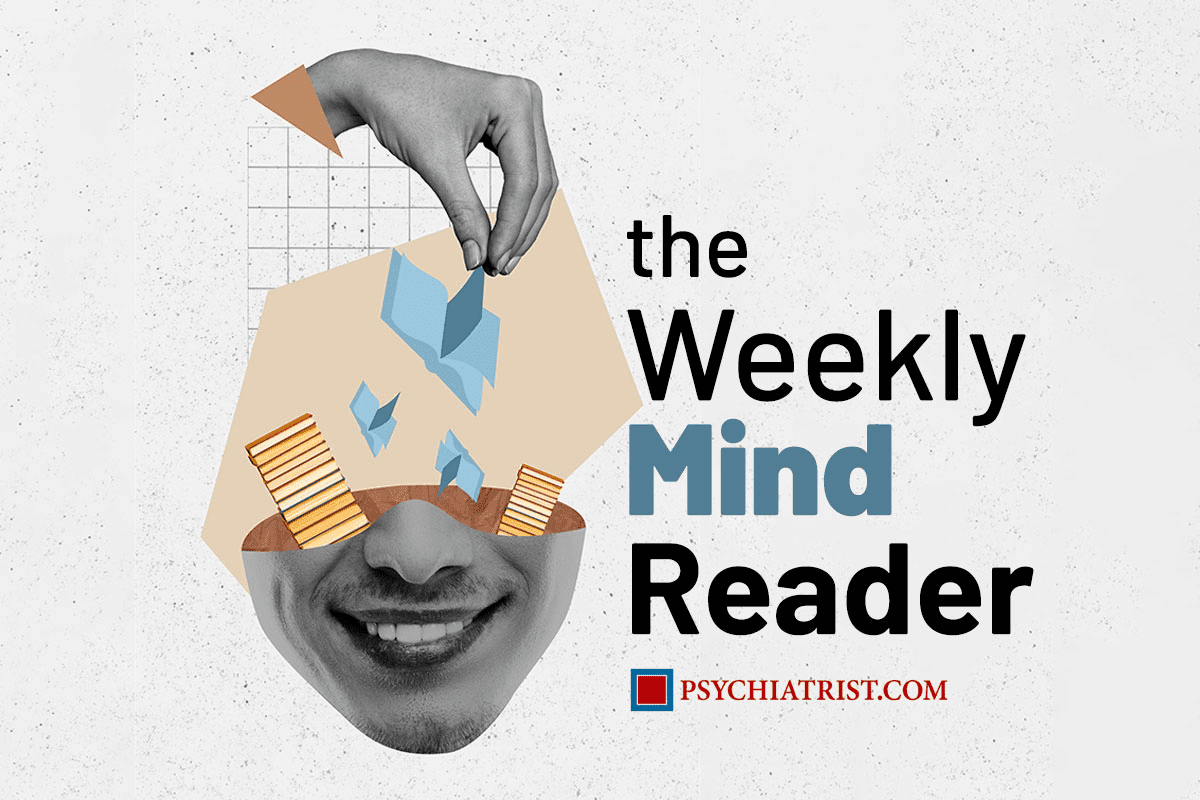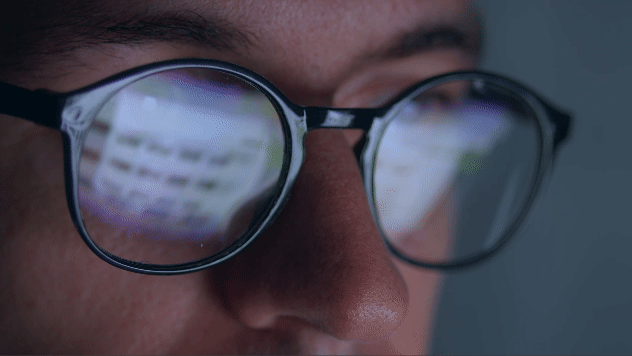It was such a busy week in psychiatry and CNS disorder news, you may have missed a thing or two. Not to worry — here’s a roundup of all the big stories you need to know about.
Monday
Patients who require antipsychotic drug treatment are at increased risk of osteoporosis-related fragility fractures, particularly in the hips and spine. A new The Journal of Clinical Psychiatry paper outlines prolactin-lowering and monitoring practices as a preventative measure. Another JCP study looked at whether zuranolone was was useful for managing depressive and anxiety symptoms in postpartum depression. Also on Monday, five essential facts about adult ADHD and a new study that explored the escapist motivations of recreational runners.
Tuesday
Young adults who were born around the same time that telephones became untethered and pocket-sized are now extolling the mental health virtues of the humble flip phone to help limit technology use and improve their mental health. The Primary Care Companion for CNS disorder published a timely article on the psychiatric symptoms associated with postural orthostatic tachycardia syndrome, or POTS.
Wednesday
Two JCP studies evaluated intranasal esketamine. The first showed similar rates of response and remission in treatment resistant depression compared to intravenous ketamine, but found a difference in the number of treatments required to achieve remission. The second reviewed the safety of intranasal esketamine in three female patients with treatment resistant depression in conjunction with MAOI pharmacotherapy. And another study explained why the found similarities in the brain atrophy patterns caused by midlife obesity and Alzheimer’s disease could explain why excess weight is a risk factor in dementia.
Thursday
Brain zaps are a common and unpleasant side effect of antidepressant withdrawal. Until recently they were largely dismissed by clinicians. A review summarized two recent studies that uncovered a surprising trigger for a symptom that many patients describe as “hearing your eyes move.” PCC described the case of a young woman with central nervous system lymphoma who presented with psychogenic vomiting and another case of a patient with catatonic coma, where a full-dose lorazepam challenge changed the clinical course.
Friday
White seniors who frequently took prescription sleeping pills had a 79 percent higher risk of developing dementia compared to those who rarely or never took them, according to a new study. Black seniors, even if they were heavy sleeping pill users, didn’t have an increased risk. The authors of the study urged people to think twice before popping a pill to help with insomnia. However, another study cautioned against going cold turkey if you are already using them due to serious side effects.




